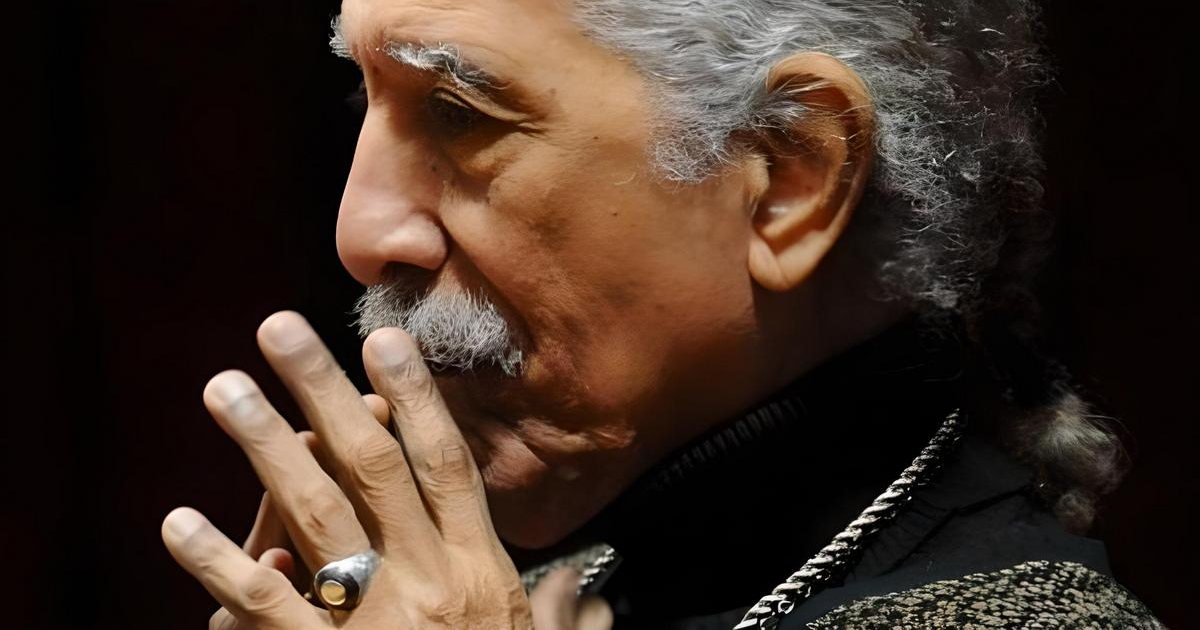
The renowned researcher, folklorist, ethnologist and National Dance and Literature Award winner,Rogelio Martínez Furé, died this Monday at the age of 85 in Havana, Cuba.
Originally from Matanzas, Martínez Furé was also a singer, composer and choreographer; He was a member of the National Folkloric Ensemble since its founding and accompanied it on its last tour of the United States in 1995.
Due to the capital importance of his contribution to literature, written and oral,Rogelio Martínez Furé won the 2015 National Literature Prize, as considered by the jury of the most important distinction awarded each year by the Cuban Book Institute of the Ministry of Culture, chaired in that edition by the writer Eduardo Heras León.
During his life, the eminent Africanist also obtained the Distinction for National Culture, was an Honorary Doctor of the Higher Institute of Art of Havana, the Alejo Carpentier Medal, the National Prize for Cultural Research (2001), the National Dance Prize (2002) and Fernando Ortiz International Award (2004).
Martínez Furé bequeathed invaluable studies for culture and traditional expressions on the Island: more than 20 books, brochures and publications, among which stand outAnonymous African poetry (1968), Click on the menu (1977), imaginary dialogues (1979), African Diwan (1988, 1996), andWisps of memory (2004).
Little Tarikh, notes for a dictionary of African poets (2014), one of his latest titles, is considered an unprecedented work, presenting in an orderly manner in various languages and dialects the African literary production of all times, without overestimating any work or author.
In a newspaper interviewGranma In 2016, Martínez Furé confessed to wondering how it was possible that, with Africa being one of the essential components of Cuban and American identity, general knowledge about it was so poor.
His deep knowledge of different African dialects and “languages of the metropolis” was shared throughout his work. “I created a person, from the Yo from Spanish and the Nu, from Creole, which means we, which I write and is in many of my books, the yonu,” he commented at that time.
«I have always tried to be a bridge, and never a border. And I study Africa to understand myself and each other better,” Martínez Furé summarized then.
After his death, the prominent Cuban musicographer Rosa Marquetti Torres wrote on her personal Facebook profile: “The great thinking heads, the wise men, continue to abandon us, leaving us in an orphanhood of intelligence and commitment to Cuba that we cannot seem to resolve.” in the short term.”
What do you think?
COMMENTFiled in: